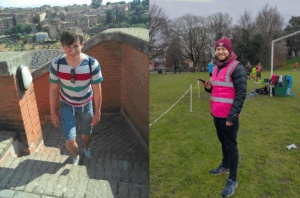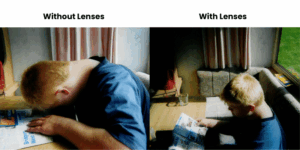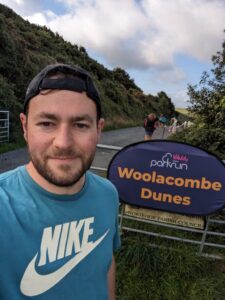
Keratoconus in my teens/twenties
Around the age of 15/16 I was diagnosed with keratoconus. I was a glasses wearer, but I was really struggling to see anything in much

Around the age of 15/16 I was diagnosed with keratoconus. I was a glasses wearer, but I was really struggling to see anything in much

Without and With Lenses Hi I’m Dale, I have Down syndrome, I’m autistic, I can be extremely challenging because the world doesn’t suit me very

“I have had suspicions that you might have Keratoconus in your left eye” In the early 1990s I went to see my optometrist back home

In December 2020 I underwent cross linking at Birmingham Midland Eye Centre. The procedure was on both of my eyes and I had the operation
So I am a parent of a Keratoconus sufferer. Since she was diagnosed at 16 I have struggled to understand what my daughter goes through
A while ago I wrote this, just really to get it off my mind and keep it down to look back on in the future,
I’m 27 and live in edinburgh and was originally told I had KC when I was 12 years old I can remember it well as
I was first diagnosed with KC around 11 years ago, but I really didn’t think that much about it at the time, and it hardly
It started when he was a teenager, with a gradual deterioration of his sight – first in his right eye and then in his left.
My brief history After having KC for 10 years and exploring various possibilities, I went on the waiting list for a graft in January 2003.